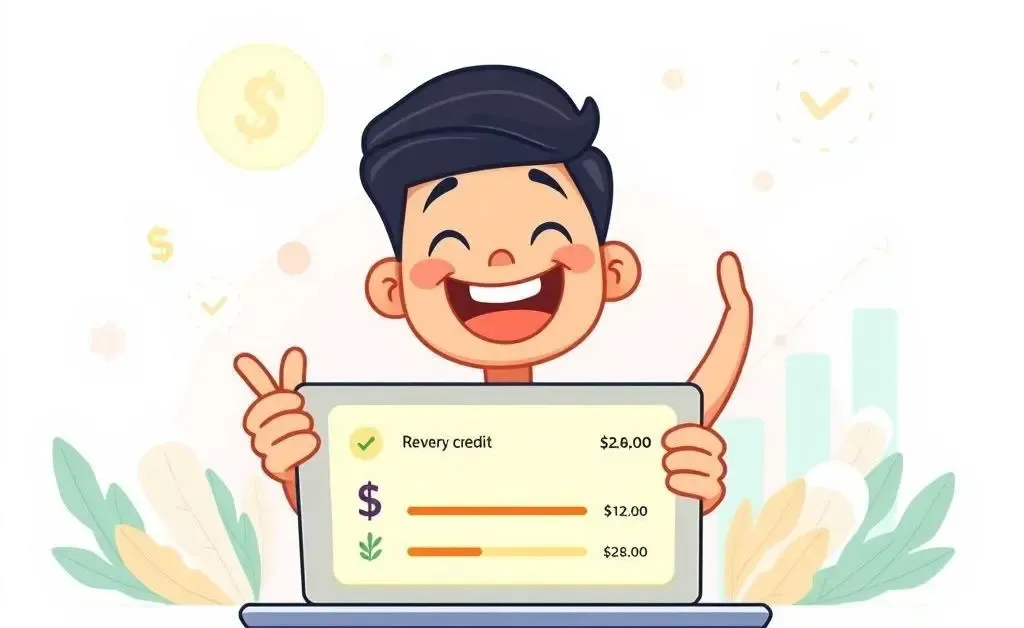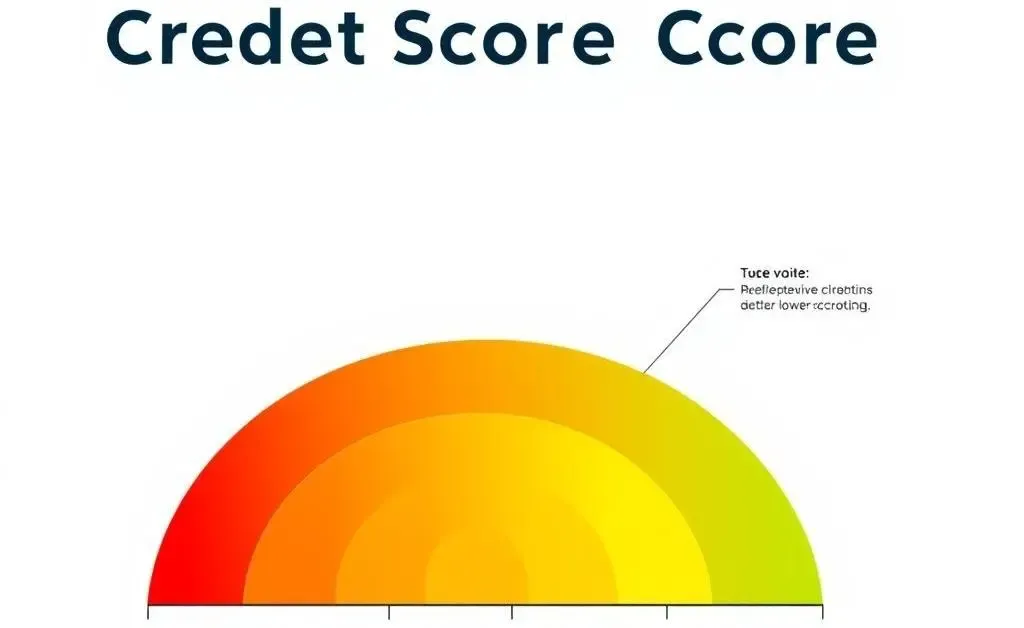Demystifying Credit Scores: Your Guide to Financial Empowerment
Unlock the secrets of credit scores and gain financial freedom in this easy guide.

Hey there! If you're anything like me, you probably find the world of credit scores both intriguing and slightly intimidating. But I promise, it doesn't have to be daunting. In this article, I'll break down what credit scores are, why they matter, and how you can improve yours with some straightforward strategies. Let's dive in!
What Is a Credit Score?
Your credit score is a three-digit number that represents your creditworthiness. Basically, it's a measure of how likely you are to pay back borrowed money. Lenders use this score to decide if they should lend you money, how much to lend, and at what interest rate. A typical score ranges from 300 to 850, with higher numbers indicating better creditworthiness.

Why Does Your Credit Score Matter?
Credit scores can affect many aspects of your life. From getting a loan to renting an apartment, your score plays a critical role. Here are a few reasons why a good credit score is important:
- Lower Interest Rates: A higher score often means you qualify for lower interest rates on loans and credit cards.
- Better Loan Approvals: You're more likely to get approved for larger loans if you have a strong credit score.
- Rental Applications: Landlords may check credit scores to assess potential tenants.
- Employment Opportunities: Some employers check credit history as part of their hiring process.
How Is Your Credit Score Calculated?
Credit scores are calculated based on several factors, each contributing a different percentage to your overall score:
- Payment History (35%): Whether you've paid past credit accounts on time.
- Amounts Owed (30%): How much of your available credit you're using.
- Length of Credit History (15%): How long your credit accounts have been in existence.
- Credit Mix (10%): The variety of credit accounts you have (credit cards, mortgages, etc.).
- New Credit (10%): How many new accounts you've opened recently.

Boosting Your Credit Score
Improving your credit score doesn't happen overnight, but with consistency, you can see significant improvements. Here are some tips:
- Pay Bills on Time: This is the most important step. Set up reminders or automatic payments to help keep you on track.
- Reduce Your Debt: Aim to pay down credit card balances and other debts. Keeping your credit utilization below 30% of your total limit is often recommended.
- Avoid New Hard Inquiries: Each inquiry can slightly lower your score, so only apply for new credit when necessary.
- Maintain Old Accounts: The longer your credit history, the better. Try to keep older accounts open even if you don't use them much.

Final Thoughts
Understanding credit scores can be empowering. The more you know, the better equipped you are to make informed financial decisions. Whether you're just starting out or looking to improve your current score, remember it's all about adopting healthy financial habits. What credit-related questions do you have? Let's chat about them in the comments!




